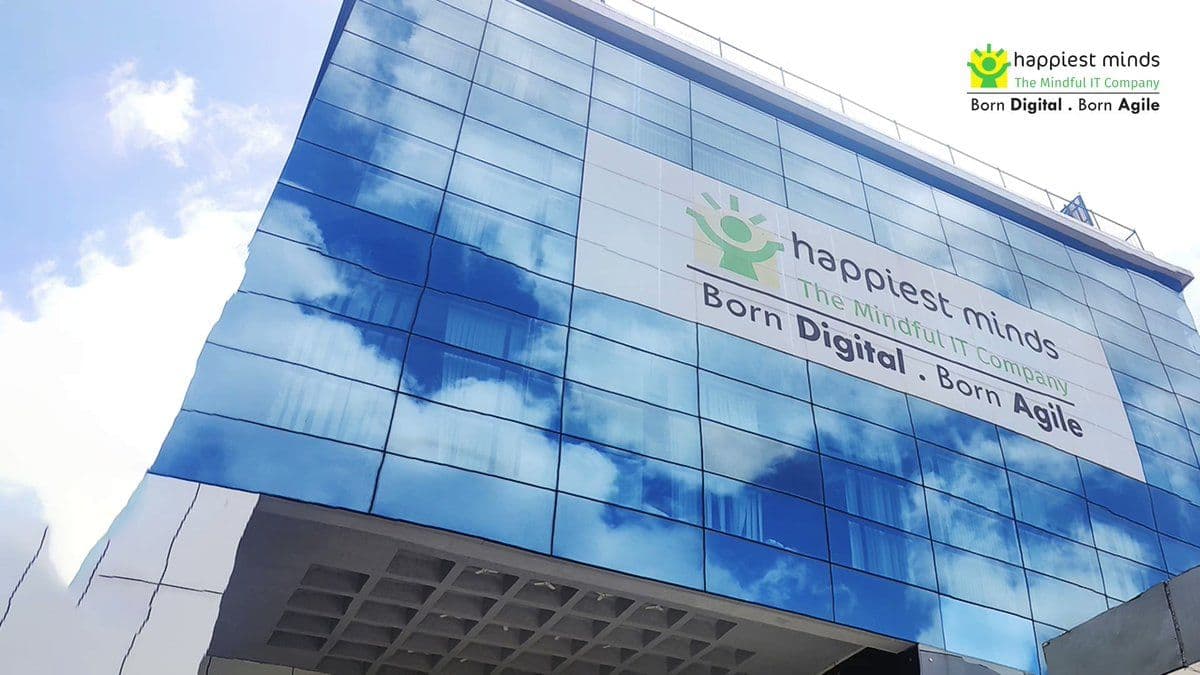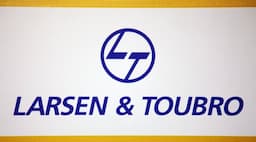Top Stories
L&T Partners with PS Technology to Revolutionise Railways
6 mins read. August 2, 2024 at 12:45 PM
Jindal Saw Q1 FY24 PAT Rises 67% to Rs 441 Cr
4 mins read. August 2, 2024 at 12:41 PM
Pfizer Q1 FY25 PAT Zooms 61% to Rs 151 Cr
4 mins read. August 2, 2024 at 12:36 PM

Happiest Minds shifts from Debt Funds to Bank FDs
Firstly, what is Happiest Minds?
Happiest Minds Technologies is a listed IT company promoted by Ashok Soota; a long time Wipro veteran and founder of Mindtree. Happiest Minds offers disruptive technologies like Artificial Intelligence, Blockchain, Cloud, IoT, Drones, and Virtual Reality across automotive, BFSI, e-commerce and edtech. Their key markets include India, the US, the UK, Canada, Australia, and the Middle East.
But, the story is about a treasury decision
Recently, Venkatraman Narayanan, MD and CFO of Happiest Minds, announced that the company had liquidated its entire investments in Mutual Funds and shifted to bank Fixed Deposits (FDs). They have FDs with SBI, Axis Bank, ICICI Bank and others. Happiest Minds is a cash rich company and more than two-thirds of their revenues accrue in dollars. As part of regular treasury operations, most of the Indian companies were aggressive investors in money market funds and liquid funds. Then, why this shift to FDs?
Why FDs over debt funds?
While the CFO did not assign any specific reason, the story is not hard to fathom. Debt fund returns have been volatile due to the hawkishness of central banks on one side and a banking crisis on the other. With the RBI hiking rates by 250 bps since May 2022, bank FDs are paying around 7.5% for longer maturities. So, FDs are suddenly a lot more lucrative for companies!
But the real trigger appears to be the Finance Bill 2023 announcing peak rates of tax on debt funds with less than 35% exposure to equities. That will hit HNIs and retail investors and make these funds relatively less attractive. Corporates do not want to be in a product where public acceptance is likely to come down gradually. With indexation gone, the real edge of debt funds would be lost.
What we read from the decision of Happiest Minds
The removal of indexation benefits and peak-level taxation will take away some of the sheens of predominant debt funds. Indexation was a shield against inflation and, with that benefit gone, there is not much for investors to prefer debt funds over bank FDs. Corporates really do not want to take on market risk, when the tax benefits have been taken away from debt funds. Prior to this change, an investor holding debt funds for over 3 years would pay only 20% LTCG tax, which after indexation was normally just about 6-8%.
Taking away the tax advantage of pure debt funds is likely to reduce the retail and HNI interest in these products. For corporates like Happiest Minds, it is a choice between lesser liquidity and the safety of bank FDs. It is hard to say whether Happiest Minds is an isolated case or a trend. It could be a testing time for debt funds.
Related News

L&T Partners with PS Technology to Revolutionise Railways
6 mins read. August 2, 2024 at 12:45 PM

Jindal Saw Q1 FY24 PAT Rises 67% to Rs 441 Cr
4 mins read. August 2, 2024 at 12:41 PM

Pfizer Q1 FY25 PAT Zooms 61% to Rs 151 Cr
4 mins read. August 2, 2024 at 12:36 PM

NBCC Arm Gets Two Construction Projects Worth Rs 443.61 Cr
4 mins read. August 2, 2024 at 12:33 PM
Download app
Access BlinkX
everywhere
across device

